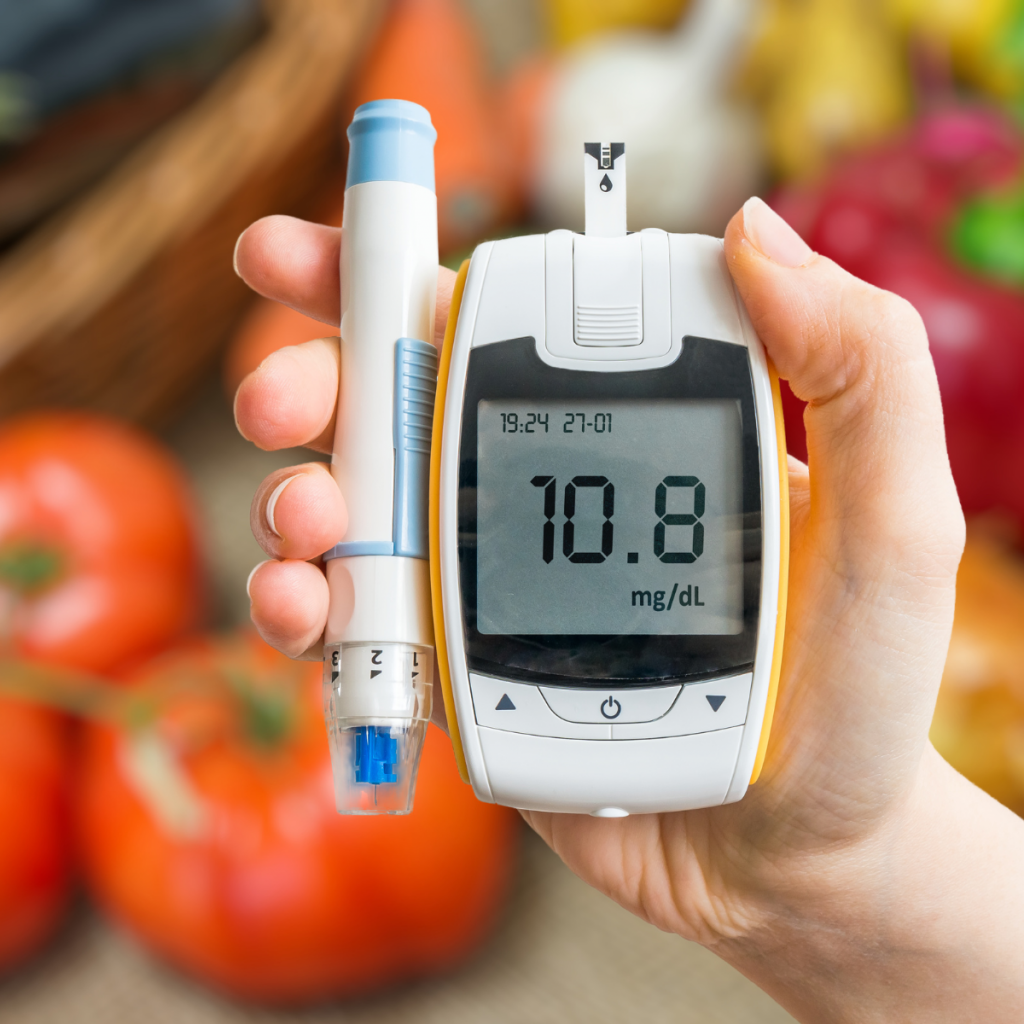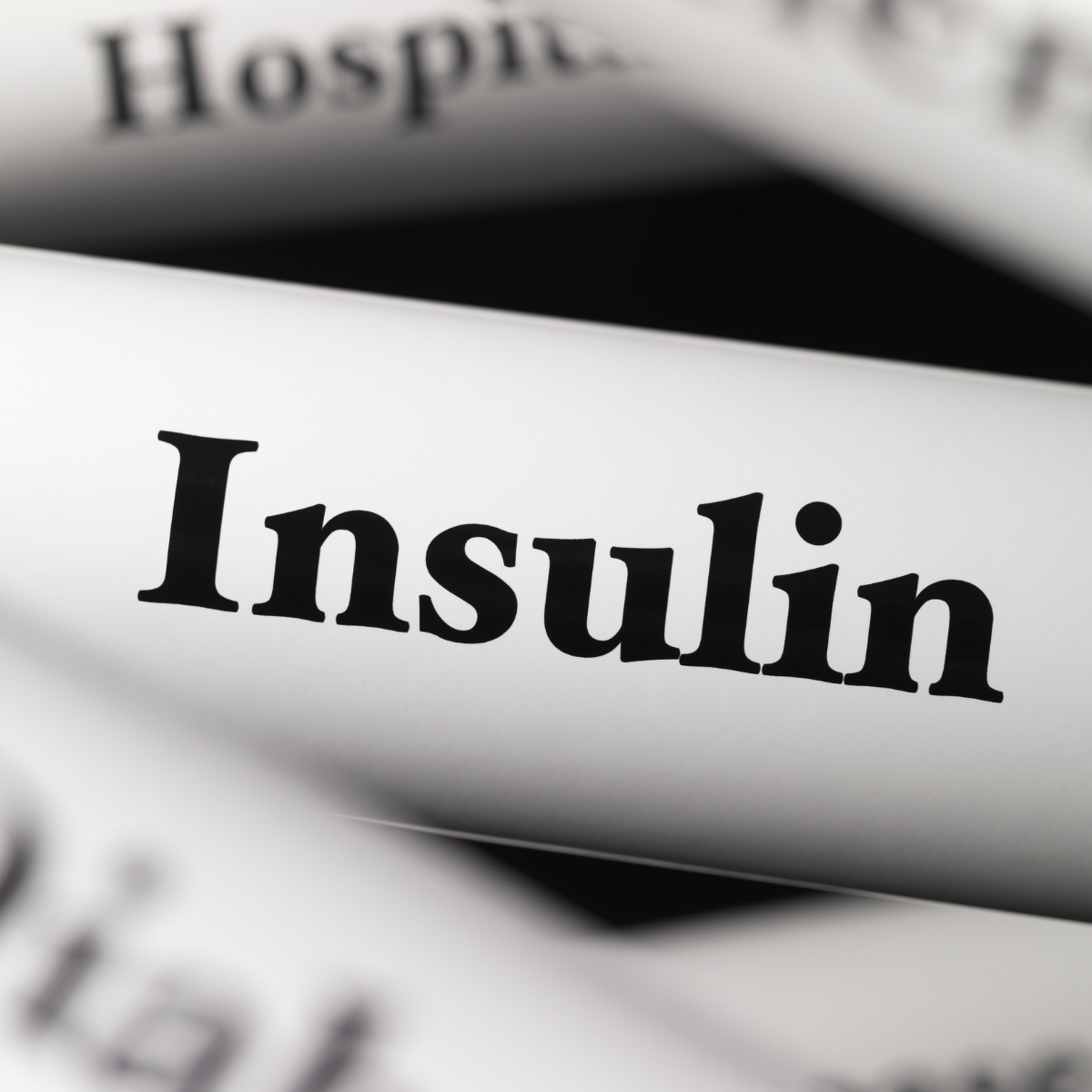Diabetes is one of the most prevalent chronic conditions worldwide, affecting millions of people across the globe. As awareness about the disease grows, so do the questions surrounding its treatment. Among the most common inquiries is, “Can diabetes be completely cured?” While there is no simple yes or no answer, understanding the nuances of diabetes treatment is crucial for both patients and healthcare providers. In this article, we will explore the reality of managing diabetes, focusing on the current medical advancements, potential for remission, and lifestyle changes that can significantly impact blood sugar control. With a proper understanding, patients can better manage their condition and work with their healthcare teams to achieve optimal health outcomes.
What is Diabetes?
Diabetes is a metabolic disorder where the body either doesn’t produce enough insulin or doesn’t respond to insulin properly, leading to elevated blood sugar levels. There are two main types: Type 1 and Type 2 diabetes. Type 1 diabetes occurs when the body’s immune system attacks the cells in the pancreas that produce insulin, while Type 2 diabetes is often linked to insulin resistance, where the body doesn’t use insulin effectively.

Both types require careful management, but the treatments and long-term management strategies differ. While Type 1 diabetes is currently considered a lifelong condition requiring insulin therapy, Type 2 diabetes is more complex and may have the potential for remission with proper treatment and lifestyle changes.
Understanding the Concept of a Cure for Diabetes
The term “cure” often implies the complete eradication of a disease, but this is not the case with diabetes at present. For Type 1 diabetes, research is still ongoing, and although significant advances have been made in insulin therapy and pancreas transplantation, there is no known cure. Type 2 diabetes, however, offers more hope for remission. With appropriate lifestyle changes, medication, and, in some cases, bariatric surgery, many patients can achieve normal blood sugar levels and reduce their dependence on medication, though this is not the same as being cured.
Type 1 Diabetes: Can It Be Cured?
Type 1 diabetes is an autoimmune condition where the immune system attacks and destroys the insulin-producing cells in the pancreas. Currently, there is no cure for Type 1 diabetes, and patients with this condition must take insulin for the rest of their lives. However, ongoing research in gene therapy, stem cell therapy, and artificial pancreas systems shows promise in managing the disease more effectively in the future. These technologies aim to mimic or restore the body’s natural insulin production, but we are still far from a complete cure.
Despite these challenges, advancements in diabetes care are making it easier to live with the disease. Continuous glucose monitoring (CGM), insulin pumps, and more accurate insulin delivery systems have improved quality of life for those with Type 1 diabetes. Research into immunotherapy and vaccines also continues to explore ways to prevent the onset of Type 1 diabetes in genetically predisposed individuals, but for now, a cure remains elusive.
Type 2 Diabetes: Can It Be Cured or Just Managed?
Unlike Type 1 diabetes, Type 2 diabetes is often preventable and, in some cases, reversible. The key to managing and potentially reversing Type 2 diabetes lies in making significant lifestyle changes, including diet and exercise. With early intervention and consistent blood sugar management, many patients with Type 2 diabetes have achieved what is referred to as “remission.” This means that their blood sugar levels return to normal without the need for medication, though this does not mean they are cured. Maintaining remission requires continuous attention to diet, exercise, and regular blood sugar monitoring.
The Role of Diet in Diabetes Management
For people with Type 2 diabetes, diet plays a crucial role in managing blood sugar levels. A well-balanced diet that focuses on whole foods, low glycemic index (GI) foods, and fiber-rich vegetables can help control blood sugar levels. Consuming smaller meals throughout the day instead of large portions can also reduce the risk of blood sugar spikes.
Some specific dietary strategies have been shown to improve insulin sensitivity and help reverse Type 2 diabetes. The Mediterranean diet, rich in healthy fats, fruits, vegetables, and whole grains, is often recommended. Additionally, low-carb diets or plant-based diets have also been linked to improvements in blood sugar control. However, there is no one-size-fits-all approach, and it is important for individuals with diabetes to work with their healthcare provider or nutritionist to develop a personalized diet plan.
Exercise: A Key to Diabetes Management
Exercise is another crucial factor in managing diabetes and preventing complications. Regular physical activity helps improve insulin sensitivity and aids in maintaining a healthy weight. Whether it’s walking, swimming, cycling, or strength training, physical activity can significantly improve blood sugar control. Exercise also reduces the risk of heart disease, a common complication of diabetes.

For those with Type 2 diabetes, even moderate exercise can have a significant impact. Aim for at least 150 minutes of moderate aerobic activity per week, along with strength training exercises twice a week. This combination can help reduce blood sugar levels and improve overall health.
Medications and Diabetes Management
While lifestyle changes are the cornerstone of managing both Type 1 and Type 2 diabetes, medications also play a significant role. For Type 1 diabetes, insulin therapy is essential, as the body cannot produce its own insulin. In addition to insulin, individuals with Type 1 diabetes may also benefit from continuous glucose monitors or insulin pumps to better regulate their blood sugar levels.

For Type 2 diabetes, a variety of medications are available, ranging from oral drugs like metformin to injectable medications like GLP-1 receptor agonists. These medications work in different ways to help the body use insulin more effectively or reduce glucose production in the liver. In some cases, bariatric surgery may be recommended for people with severe obesity, as it has been shown to improve or even reverse Type 2 diabetes in many individuals.
The Promise of New Treatments
Although there is no definitive cure for either Type 1 or Type 2 diabetes, ongoing research into innovative treatments and technologies holds great promise. Researchers are investigating gene therapies, stem cell therapies, and advances in insulin delivery systems, all of which could significantly improve diabetes management in the future. Artificial pancreas systems, for example, aim to automatically regulate insulin levels based on real-time blood glucose readings, potentially reducing the need for manual injections and blood sugar monitoring.
Conclusion
While the question of whether diabetes can be completely cured remains unanswered, significant progress has been made in the management of the disease. Type 1 diabetes currently requires lifelong insulin therapy, but advances in treatment options are improving quality of life for patients. Type 2 diabetes, on the other hand, can often be managed or even put into remission through lifestyle changes, medication, and, in some cases, bariatric surgery.
For those living with diabetes, it is essential to stay informed, maintain a healthy diet and exercise routine, and work closely with healthcare providers to develop a personalized management plan. While there may not be a cure yet, ongoing advancements and research bring hope for more effective treatments and improved outcomes for individuals with diabetes in the future.

Leave a Reply